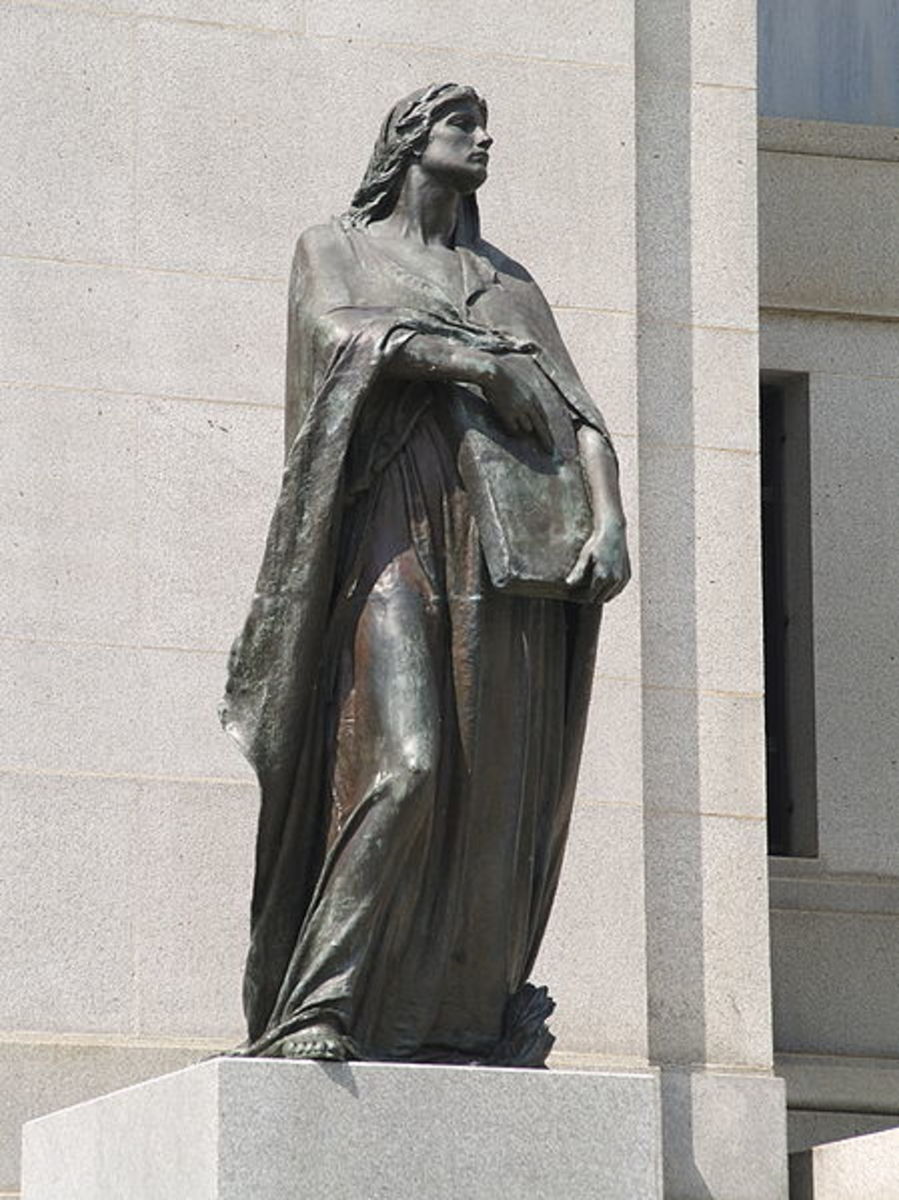Rebranding Did Not Work for Cuccinell: Lessons for the GOP
Light shed on Cuccinelli's attemp to rebrand and what it could mean for the GOP
After the June primary, GOP candidate Ken Cuccinelli began his campaign for governor of Virginia with the intent to change his image from what he had painted himself to be to what the GOP thought voters wanted to see in him. Republican National Committee chairman Reince Priebus commissioned a study, which yielded a document entitled, Growth and Opportunity Project, also known as an “autopsy report.” In the messaging section, the report gave several recommendations: Recommendation 3 says in part: “It is time for Republicans on the federal level to learn from the successful Republicans on the state level,” referring to the fact that “30 states” had Republican governors. Recommendation 4 says: “The perception that the GOP does not care about people is doing great harm to the Party and its candidates on the federal level, especially in presidential years.”
The Report also said “Republican candidates on the national level have lost the popular vote in five of the last six presidential elections” and “young voters are increasingly rolling their eyes at what the Party represents” and “minorities…think that Republicans do not like them, or want them in the country.” As a result of this report, The RNC called for “re-branding and Cuccinelli’s tried to do just that.
How he wanted to be perceived, why his efforts failed, and what lessons the GOP could learn from his campaign will be highlighted.
Cuccinelli’s Desired Perception
The ad portrayed him as a champion for the needy and a caring person. His wife, Alice Monteiro, said: “My husband, Ken, has spent his life standing up for the vulnerable and those in need. He worked the night shift at a homeless shelter, spent his college days leading efforts to prevent sexual assaults and represents those suffering from mental illness. As attorney general, Ken fought to find and prosecute child predators and human traffickers.”
Cuccinelli wanted to portray himself as a compassionate conservative—a person who cared for people. However, anybody who lives in Virginia and reads local newspapers such as the Daily Press and The Virginian Pilot and watches local television news on stations such as WTKR and WAVY knows that the ad was not a true picture of Cuccinelli.
Cuccinelli’s Record Was Too Evident to Cover Over
To change his public image from what he was—and—is to how he wanted voters to perceived him would have taken an “extreme makeover”—and that hurdle was too high for a television ad and a few speeches to accomplish. In fact, his record was too deeply rooted in the public mind to be ploughed up by words. Furthermore, his record was visible almost everywhere.
His book The Last Line of Defense: The New Fight for American Liberty highlighted his record. According to a book review, “the book highlights his fight against agencies like the EPA, the FCC, and the National Labor Relations Board and pictures him leading the fight against the Obama Administration, which was breaking federal laws, ignoring federal courts, and violating the Constitution to achieve its goal of redistributing wealth.”
Also, his record as attorney general stood out like a sore thumb. In 2010, he filed a lawsuit in the U.S. District Court that challenged the constitutionality of the Affordable Care Act, claiming that it exceeded the power of the Federal Government under the interstate commerce clause of the constitution.
In 2010, he served a civil investigative demand on the University of Virginia, seeking documents related to Michael Mann’s climate-change research, although he had moved on to Penn State.
The Republican-control Virginia General Assemble passed a law requiring abortion clinics to meet the same building standards as new hospitals. The Board of Health tried to exempt existing clinics from the law but faced stiff resistance from Cuccinelli.
On March 4, 2010, he issued an opinion to college presidents, rectors, and boards of visitors, advising them that state law and public policy “prohibit a college or university from including sexual orientation, gender identity, and gender expression as a protected class in their nondiscrimination policy, without specific authorization from the General Assembly.” Governor McDonnell agreed with him in word but, later, issued an executive order stating that he would not allow discrimination based on sexual orientation.
He filed a request with the U.S. Environmental Protection Agency to reopen its preceding regarding its finding that greenhouse gases endanger public health, saying “we cannot allow unelected bureaucrats with political agendas to use falsified data to regulate American industry and drive the economy into the ground.” He also said he would challenge the March 2010 standards for fuel efficiency for cars and trucks by the Obama administration.
He sought to change the image on the state seal from the Roman goddess of bravery and military strength, with her left breast exposed, to a goddess with her breast covered.
Also, as State Senator, he attached an amendment to a Senate bill to change “Shenandoah” as the temporary state song to a Beatles’ song, “Taxman.”
A Virginia Democrats memo sums up his attorney general record: “According to The Washington Post, Ken Cuccinelli II, the most overtly partisan Attorney General in Virginia’s history, has waged war on [The Affordable Care Act], harassed climate-change scientists, sanctioned discrimination against homosexuals and embraced Arizona’s (now mostly gutted) immigration law.”
Moreover, his overly zealous desire to become governor of Virginia stood out. Knowing that Lieutenant Governor Bill Bolling and Governor Bob McDonnell had agreed that McDonnell would run for the governors’ office in 2009 and would support Bolling for the office in 2013. Overly energetic, Cuccinelli “forced the state Republican Party to eliminate the primary for Governor and instead hold a convention where the most conservative Republicans [could] decide,” according to the Virginia Democrats.
Undoubtedly, Cuccinelli’s record was too extreme and too visible to be bridged over with a television ad and a few words in speeches. In fact, his Democratic opponents would not allow it.
Some Lessons Taught
Seeing Cuccinelli’s campaign as one of two governors races in the country as a test case for re-branding, the GOP watched closely to see if lessons could be learned for Federal elections. Chris Christie “stormed to victory,” wrote Carrie Dann, reporter for NBC news. He won with 60.4 percent of the vote. Pundits and politicians surmised that his embracing President Obama after Hurricane Sandy left his State in shambles was the main reason. As a result, his approval rating soared (67 percent) and remained high throughout his campaign. Celebrating his big win, he said in his victory speech, “I know that if we can do this in Trenton, New Jersey, maybe the folks in Washington, D.C. should tune in their televisions right now and see how it’s done,” suggesting that his message of inclusion led to victory. According to exit polls, he garnered 60 percent of the male vote, 57 percent of the female vote, 70 percent of the white vote, 21 percent of the black vote, and 51 percent of the Hispanic or Latino vote.
Cuccinelli lost the Virginia race because his record of extremism was too deeply seated in the public mind and was ever present during the campaign. He was too extreme to appeal to independents, women, young people, Hispanics or Latinos, and blacks, according to media reports. The voters, no doubt, heard his talk but, also, saw his walk. “Actions speak louder than words,” says an old idiom.
If the GOP was, indeed, looking for lessons for future elections on the national level, here they are: The GOP should field candidates whose records are not too extreme. Candidates must match their deeds with their words and their policies with their promises. Change in attitude must be change voters can believe.





